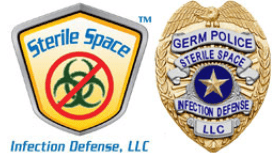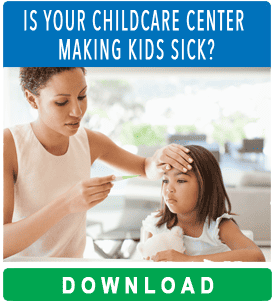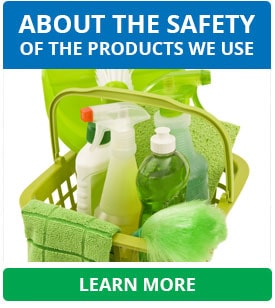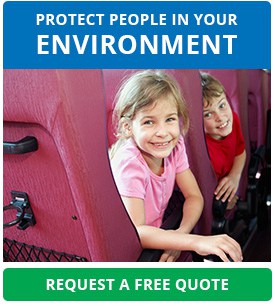A recently approved treatment was supposed to protect babies from RSV, but demand is outpacing the supply of the medication.
The U.S. Food and Drug Administration approved nirsevimab, an antibody that sticks to and prevents Respiratory Syncytial Virus from infecting cells, in July. The Centers for Disease Control and Prevention (CDC) then recommended the medication for all babies either born during the RSV season or those up to eight months old entering their first RSV season, which runs from about November to March. RSV can be a dangerous and potentially deadly disease, especially for infants; about 58,000 to 80,000 children under five are hospitalized each year and up to 300 die from RSV in the U.S., according to the CDC.
The antibody is not a treatment for RSV, since it works to prevent infection, not treat it, but it’s also not a vaccine, although it works similarly and provides short term protection for infants. The antibodies in the shot essentially fill in for the antibodies that babies can’t make yet in enough quantities to fend off the virus. Because it’s not a vaccine, it’s important that babies get the antibodies at the right time, during RSV season, to give them the best chance of avoiding infection.
However, on Oct. 23, the CDC alerted health care providers that the drug was in short supply, and recommended that available doses be reserved for babies at the highest risk of complications from RSV—including those six months old or younger, as well as those with heart and lung conditions. Responding to the alert, pediatricians informed parents that if their babies didn’t meet these higher-risk criteria, they wouldn’t be able to receive the drug.
>>CLICK HERE to Read the Full Article on Time.com





